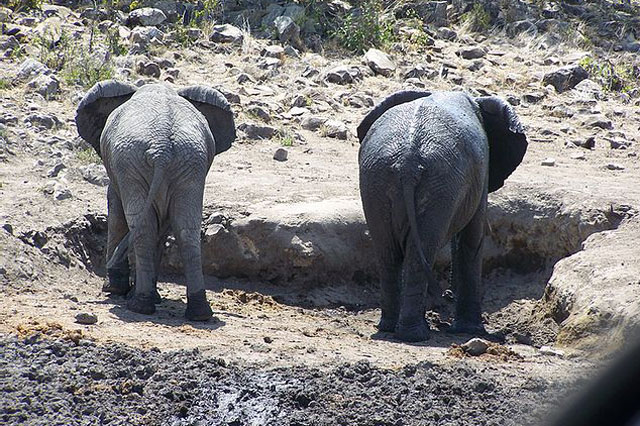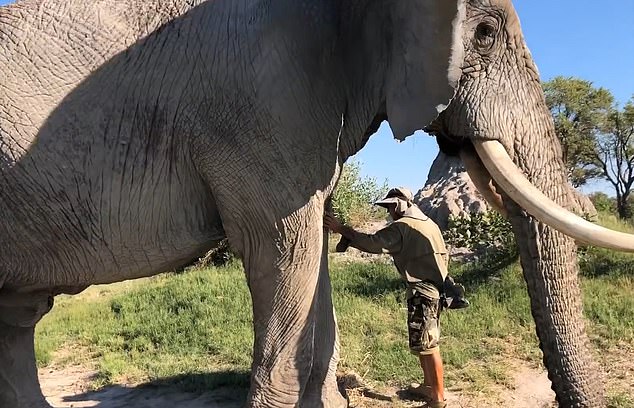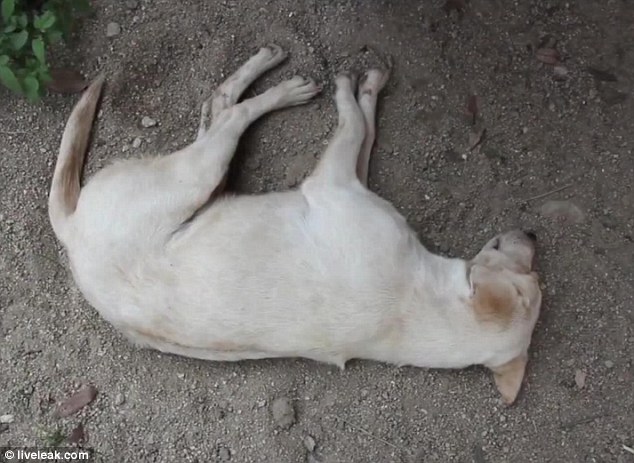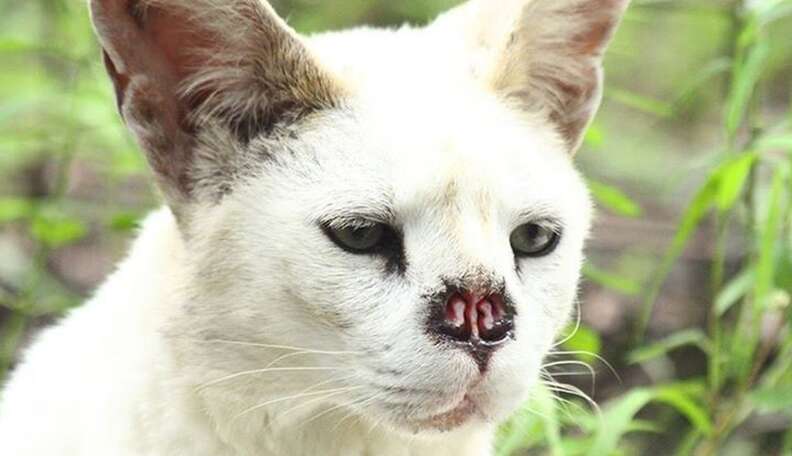
There are only two white servals in the world and one of them continues to beat the odds.
Tonga, an 18-year-old white serval who lives at Big Cat Rescue (BCR) in Tampa, Florida, has beaten cancer by living without a nose.
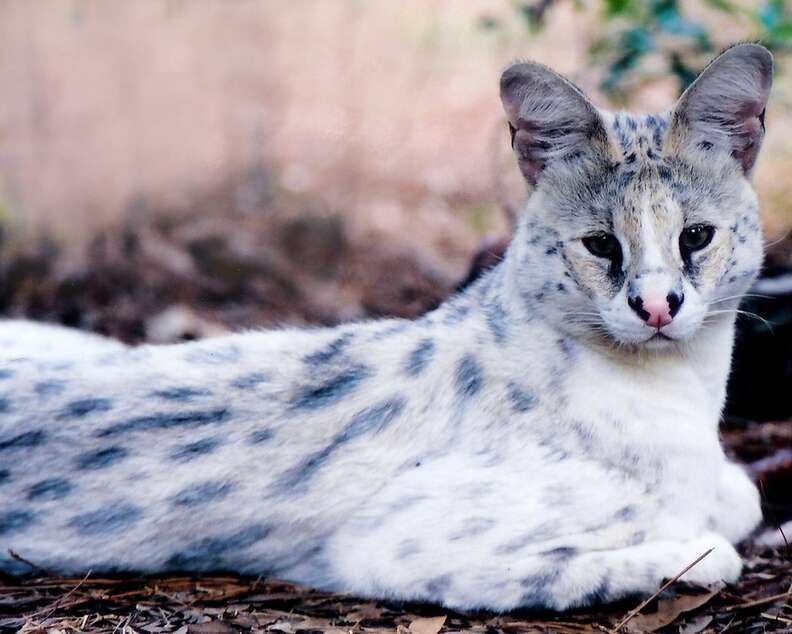
This handsome fella was diagnosed with squamous cell carcinoma back in 2012, most likely from overexposure to the sun. As most cat lovers know, felines love soaking up the rays, but Tonga had an added risk due to his white fur – a trait likely picked up from inbreeding.
Volunteers discovered a scab on Tonga’s nose but thought little of it at first. With some treatment it went away in time. Seven months later, however, it returned. Again, employees used antibiotics to help it disappear, but they were concerned when the spot popped up once again. They decided it was time for a full work-up to see what was wrong, which is when Tonga received the terrifying diagnosis.
What started out as a cut on his nose quickly took a turn for the worse. The staff at BCR then had a choice to make – let Tonga live out the rest of his days, possibly in excruciating pain, or risk potentially fatal surgery to give him a chance at a longer life.
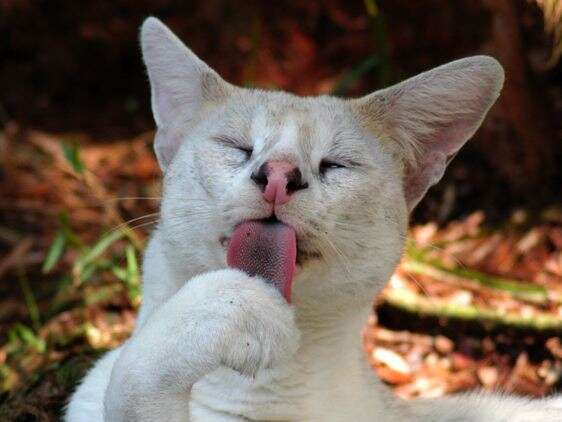
Tonga was a shy cat, who only engaged with volunteers when he knew he was about to be fed, but he was otherwise healthy and employees believed there was a good chance he’d make it out of surgery just fine.
Servals in the wild are mainly found in Africa and can live to be an average of between 10 and 12 years old, but some of the cats at BCR have been known to live an average of 17. (White servals are a bit different, however, originating from breeders rather than in the wild.)
Tonga, at 18, could still have a few good years left in him. Staff members knew they had to take the chance.
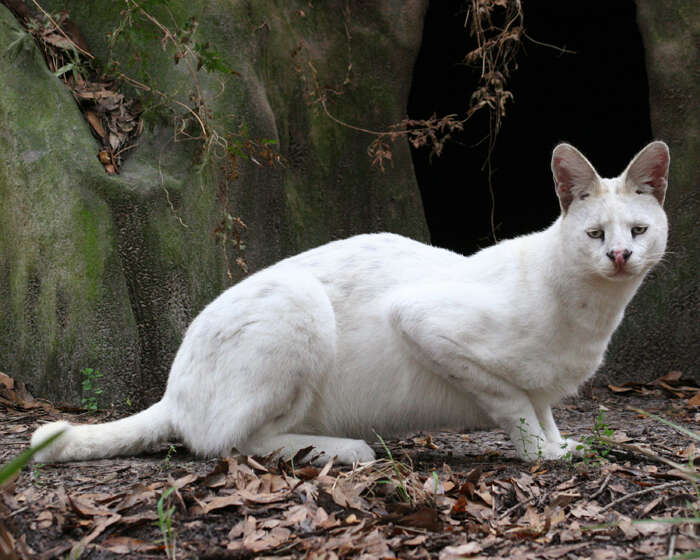
Luckily, there were right.
To prevent the cancerous mass in Tonga’s nose from spreading, doctors had to remove an extra centimeter of it, leaving him without a traditional looking nose. The area has since healed and, while different, Tonga is still as beautiful and active as ever, with no signs of the cancer having returned.
The rescue has since moved Tonga to a shadier area in the sanctuary where he continues to live outdoors and has room to roam.
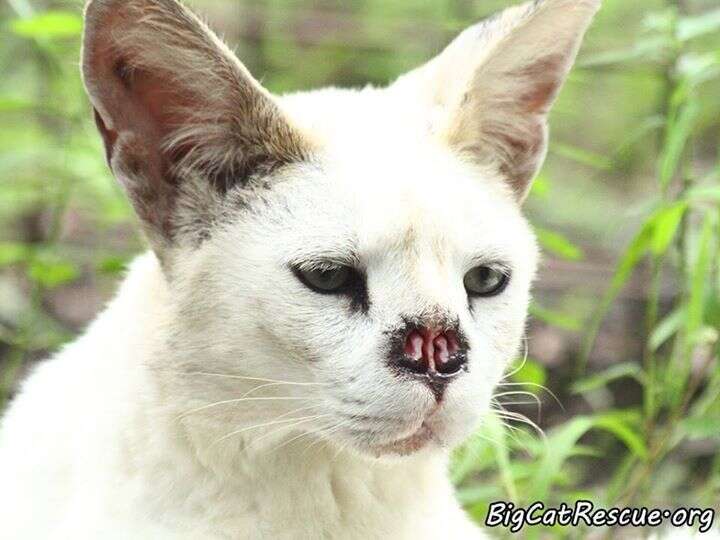
Though his story ended well, Tonga the serval is a good example of why you should avoid inbreeding at all costs and always monitor your cat for potential sun damage to make sure he lives a long, healthy and cancer-free life.
If you’d like to help Tonga, or any of the other cats at Big Cat Rescue, you can make a donation or sponsor an animal on its website today.






